
Short-sightedness - what is it?
Short-sightedness, or myopia, is common in the general population.
This visual error means that the eye is naturally focused to see a short distance in front of the face, but distance vision is blurred and requires the use of glasses or contact lenses.
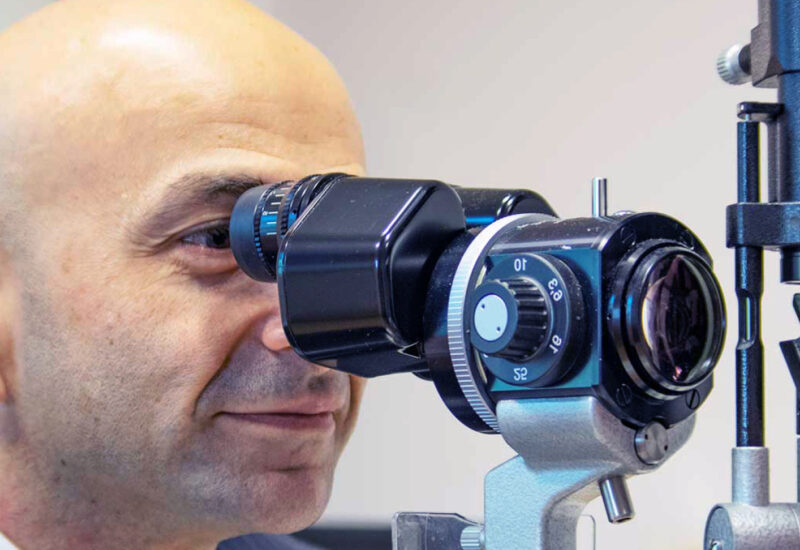
Short-sightedness - causes and diagnosis
Myopia occurs when the eye is too long, and so light is focused in front of the retina.
Cataract can cause increasing myopia as the cataract develops, and this can lead to imbalance between the eyes as well as blurred vision due to the cataract itself.
We can diagnose and examine short-sightedness by performing a comprehensive eye examination which includes a refraction assessment and an eye health exam.
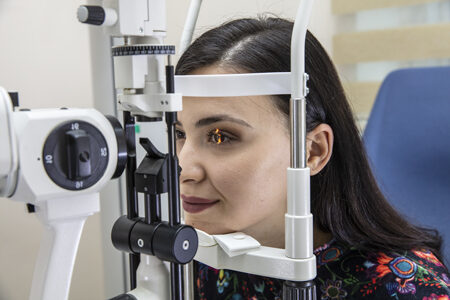
Short-sightedness - treatment
The most appropriate treatment option for you will depend on several factors. These include:
- Your exact spectacle prescription
- The precise clinical examination findings,
- Your age
- Your job
- Your hobbies
- If you have any other eye conditions or issues
Depending on the outcome of your examination we will consider the following treatments:
- Laser vision correction
- Phakic lens implant
- SMILE
- Refractive lens exchange with a choice of lens implant options
Short-sightedness - FAQs
A thorough examination and further testing will allow appropriate recommendations be made. This may be that no treatment is undertaken, or alternatives to laser may be discussed.
Yes, the cataract can be treated. Afterwards, if you feel an imbalance between the eyes, it may be necessary to perform a lens exchange operation for the second eye in order to restore the balance of the eyes.

Discover the number one mistake patients make when choosing cataract surgery
Unfortunately, most people only find this out after having cataract surgery. The information in this Wales Cataract Guide could save you frustration and worry. Simply click the button below to give us your email and we’ll send you this life changing guide.
Who might need our Short-sightedness treatment?

You’re over 45 and would love to read again without glasses
Unfortunately, reading glasses or varifocals get in the way of many of the things you most enjoy. Yes, spectacles help, but they are annoying little appendages that you lose or must clean to see clearly.

Your vision is yellowing, duller, and cataracts are forming. You feel like your eyes are letting you down
The effect on your life can vary from being slightly frustrating, through to significantly affecting your ability to function independently, or even causing a devastating reduction in vision.
Video FAQ
Enjoy a life free from cataracts, glasses and contact lenses in three easy steps

Talk to us
Request your consultation online or call us on 02922 550 201 and we’ll guide you towards an initial assessment.
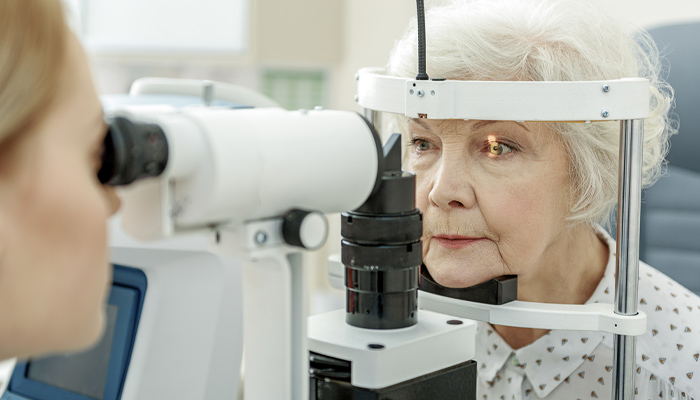
Meet your consultant
I’ll see you before treatment to ensure you’re a good candidate and treat you at one of my facilities in South Wales or Bristol.

Revitalise your eyes
I’ll supervise your aftercare as you begin to experience a life free of cataracts and glasses and contact lenses.
Learn more about eye conditions and eye treatments
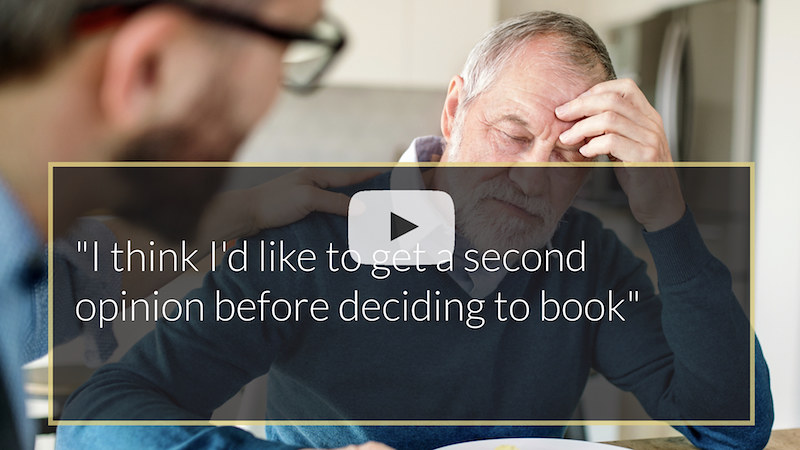
“I’d like to get a second opinion before deciding to book”
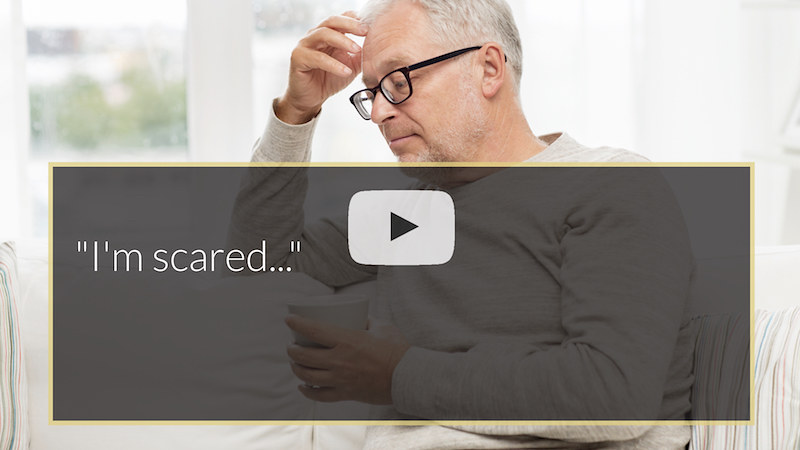
Terrified of Cataract Surgery? 10 Things Patients Are Scared Of.
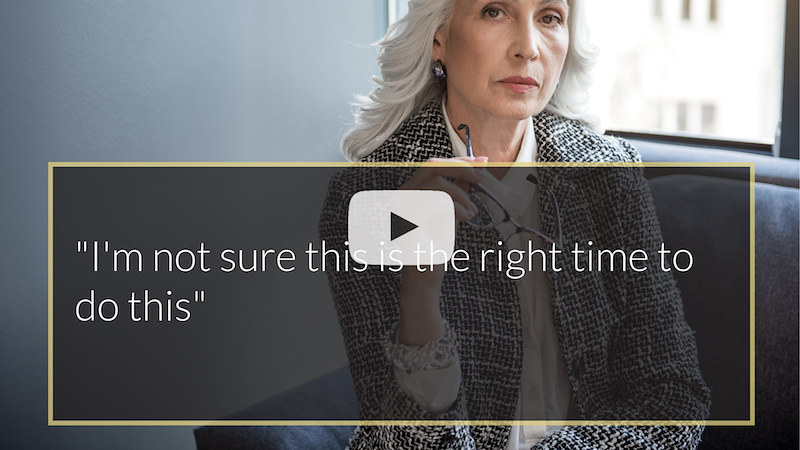
“I’m not sure this is the right time to do this”
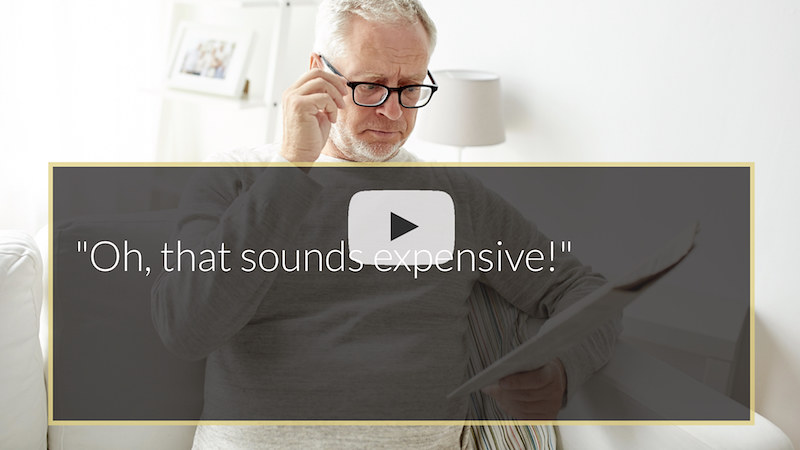
Educate yourself further about lens replacement by reading the links below
The NHS has compared laser eye surgery and lens replacement, and is worth a look. Click here for more information.
This 12-page guide provides you with the benefits of refractive lens exchange, as well as the risks and alternatives. Click here for more information.
Presbyopia is a condition that can make patients undergo a lens replacement – but what exactly is it? Click here for more information.
We are proud to be a part of these professional bodies
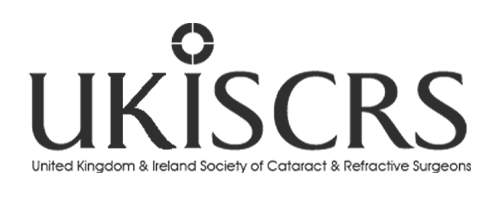


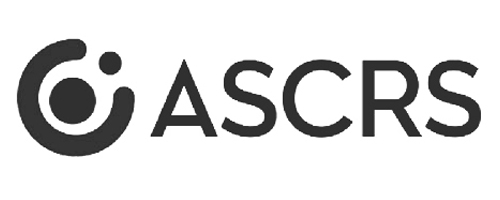

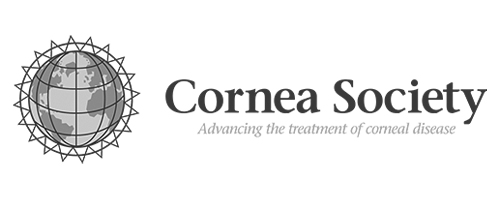

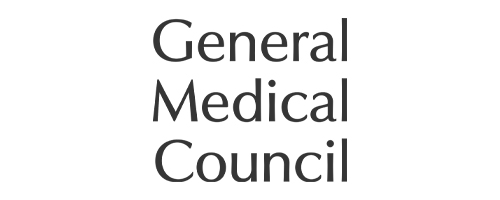
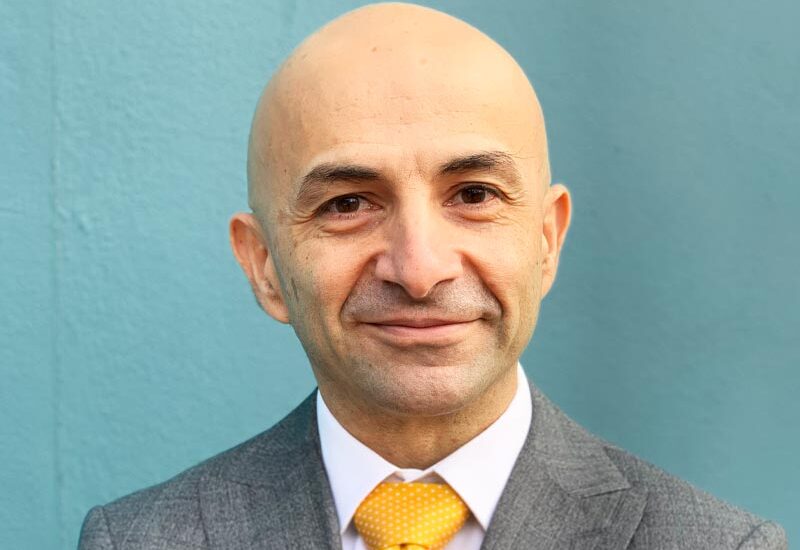
Prof Mohammed Muhtaseb, FRCOphth
Consultant Cornea, Cataract and Refractive Surgeon
Based in South Wales, he is one of the very few ophthalmologists working in the UK who is a fellowship-trained specialist in Cornea, Cataract and Refractive Surgery. He holds full specialist registration with the General Medical Council and was appointed as a Consultant in the NHS in 2006.

